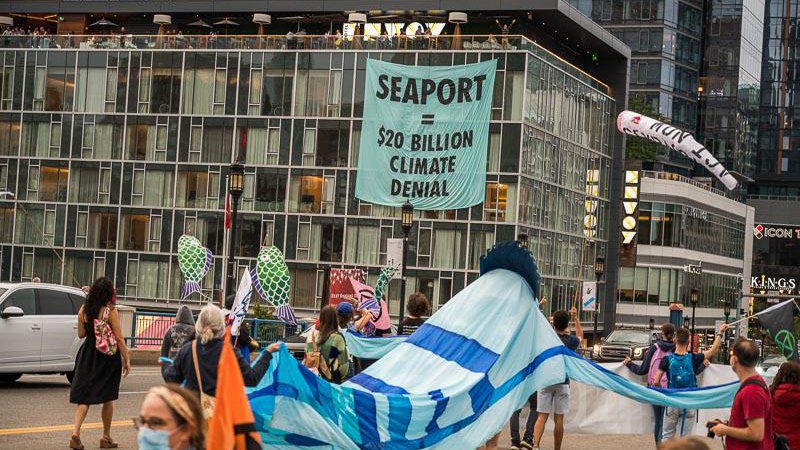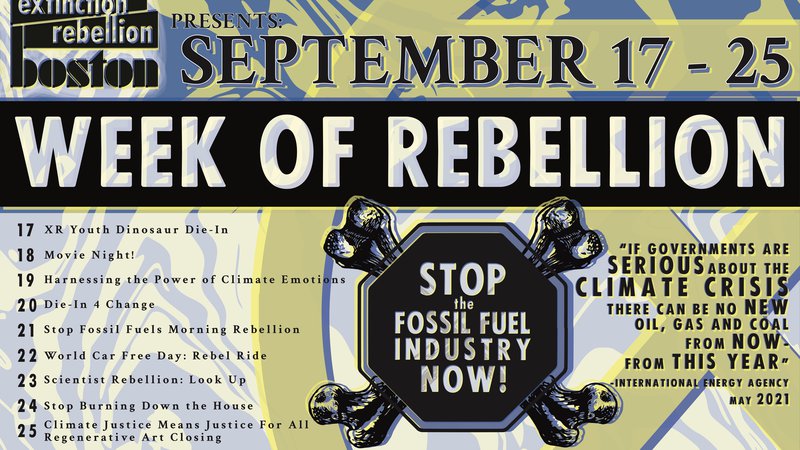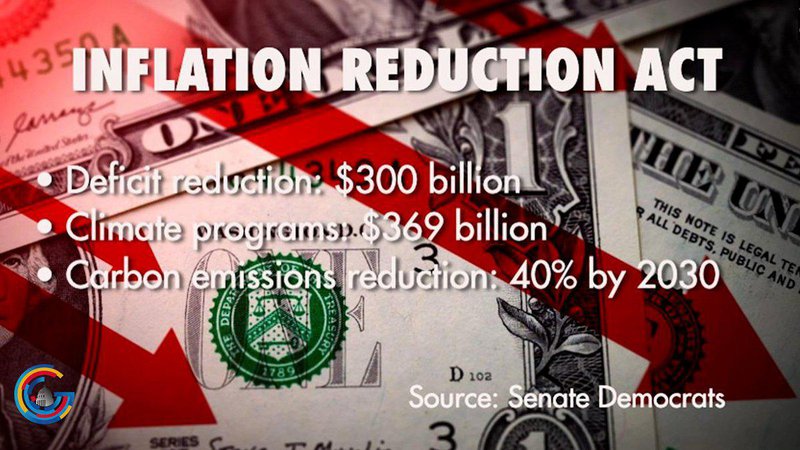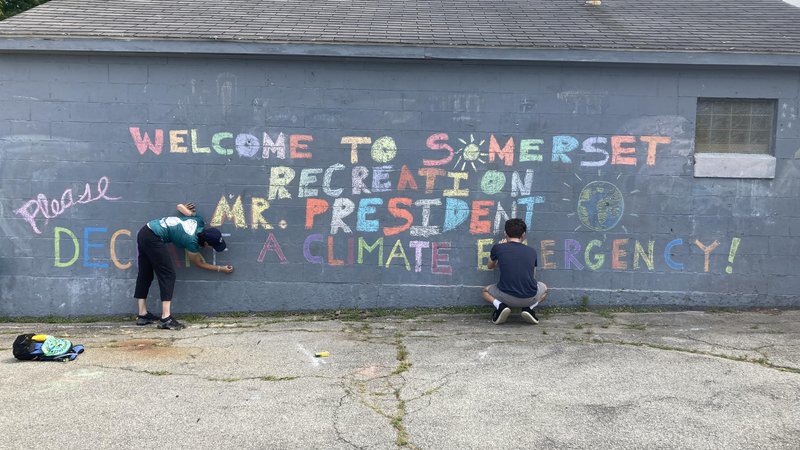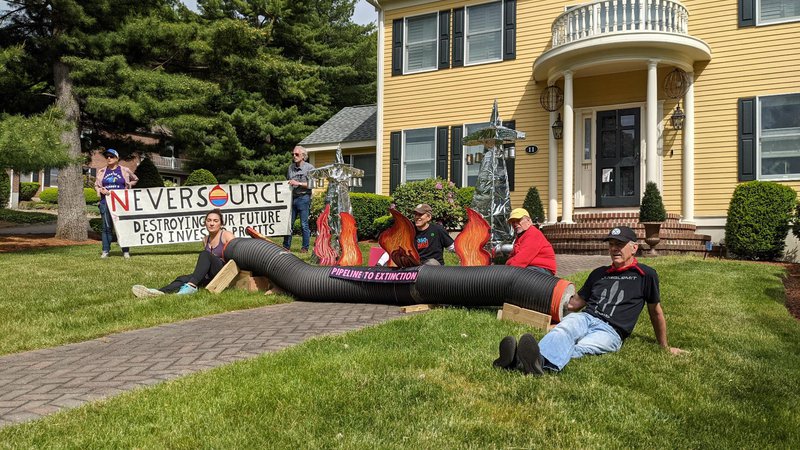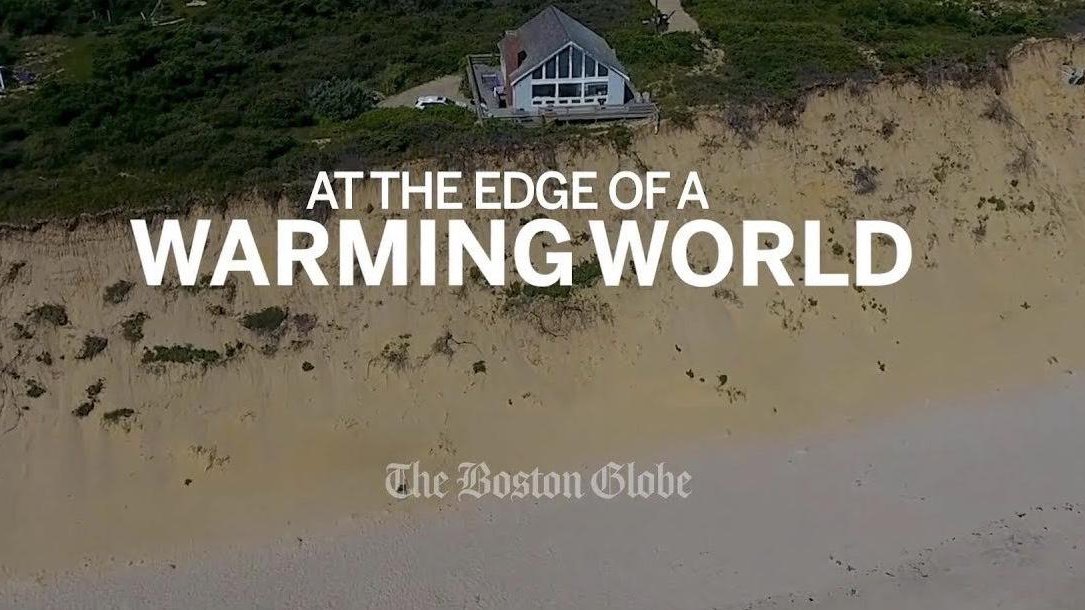
How the Climate and Ecological Crises will effect Massachusetts
The Northeast is warming faster than any other area in the United States, and as sea levels continue to rise, Boston and Cape Cod are at particular risk. While the City of Boston and the state of Massachusetts have a climate plan, it is not urgent or comprehensive enough to stay at the 1.5 degrees of warming that scientists conclude is an acceptable window before crop failures, water shortages, and extreme weather events begin to tear at the foundation of our economy and ultimately organized civilization.
Round up of the headlines below:
Though the Southwest saw the greatest rise in average air temperatures during the past five decades, data from the National Oceanic and Atmospheric Administration shows the Northeast warmed the most over both longer and shorter time spans.
Nowhere more so than Rhode Island: The state’s average temperature has increased 3.64 degrees compared with its 20th-century norm, according to NOAA records dating back to 1895. Other states trail closely: New Jersey came in 3.49 degrees warmer; Connecticut, 3.22; Maine, 3.17; Massachusetts, 3.05; and New Hampshire, 2.93.
The Boston Globe, "Climate change likely to hit hard on the North Shore, new report finds"
"Since the 1950s, Crane Beach in Ipswich has lost an estimated 84 football fields worth of sand, including about 2,000 feet in length over the past 25 years.
The accelerating rate of erosion along one of the state’s most popular beaches is a sign of things to come on the North Shore as global warming produces rising seas and more powerful storms, according to a new report about the impact of climate change from Swampscott to Salisbury.
The report by the Trustees of Reservations projects that 600 North Shore properties may experience daily tidal flooding by 2030, increasing to 3,100 by 2070. In the event of the most severe storms — those that come on average once every 100 years — the report forecasts that as many as 12,000 properties could be flooded, putting more than $100 billion of coastal real estate in Essex County at risk of being inundated."
The Boston Globe, "At the edge of a warming world: Special Report on Cape Cod"
"The Cape we love is at risk now. Cape Cod is perched on a stretch of ocean warming faster than nearly any in the world. And as much as we might wish it away, as hard as we try to ignore it, the effects of climate change here are already visible, tangible, measurable, disturbing."
Mass.gov, "Massachusetts Sea Level Rise and Coastal Flooding Viewer"
"CZM developed the Sea Level Rise and Coastal Flooding Viewer to support the assessment of coastal flooding vulnerability and risk for community facilities and infrastructure, consistent with Governor Baker’s Executive Order 569. This viewer includes interactive maps of flooding extents and water level elevations associated with sea level rise scenarios, current coastal flood zones, and hurricane surge modeled by the National Oceanic and Atmospheric Administration (NOAA), Federal Emergency Management Agency (FEMA), and U.S. Army Corps of Engineers (USACE)."
Related Stories:
Featured:
-
The third annual Week of Rebellion is full of opportunities for celebration and action!
-
Our government had the opportunity to finally turn our state into a "climate leader," and they decided yet again to prioritize profits and political posturing over the well-being of residents.
-
Prominent climate scientists and activists demand immediate climate action in the United States.
-
Stop the Fossil Fuel Industry, Now: List of events for Extinction Rebellion Boston's September week of rebellion
-
A compilation of books, movies, articles, and ways to take action to protect Black lives
-
Nadia Colburn, PhD and member of Extinction Rebellion Media team, discusses how to talk about the climate and ecological crisis with family and friends.
Upcoming Events:
-
Fri Feb 20th @ 6 p.m.
-
Sat Feb 21st @ 2 p.m.
-
Sun Feb 22nd @ 10:15 a.m.

